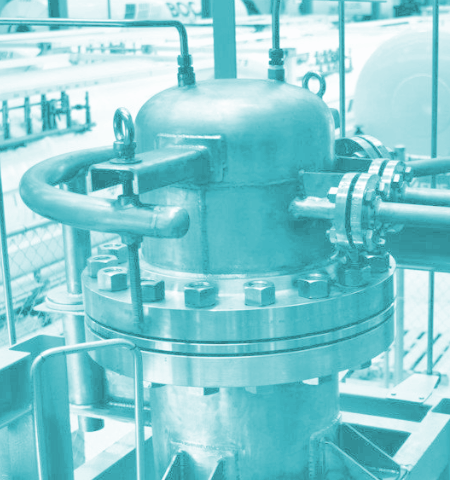Water engineers spotlighted
 For International Women in Engineering Day, Melbourne Water has higlighted three women engineers making significant industry contributions.
For International Women in Engineering Day, Melbourne Water has higlighted three women engineers making significant industry contributions.
Catherine Rees, a manager at Melbourne Water, focuses on wastewater treatment and marine research.
“An engineer is interested in a process and how to make it work,” she says.
Catherine's current role involves assessing the environmental impact of wastewater treatment, and she says she discovered her engineering potential unexpectedly.
“I got into this line of work after my sister told me I reminded her of the engineering students at her uni who were mostly boys,” she says.
Despite the gender imbalance in her academic years, she reassures aspiring female engineers; “Don't be put off by the gender imbalance at university, though - once you join a workplace, you hardly notice.”
Research by Engineers Australia reveals women comprise only 16 per cent of engineering graduates and 13 per cent of the engineering workforce.
Lindsay Studer, another Melbourne Water engineer, focuses on future-proofing the city's water supply.
“Getting into chemical engineering was a bit of a leap of faith,” Lindsay says.
Her work involves analysing population growth, environmental regulations, and the drive for net zero emissions.
“About ten years into my career, I reached a crossroads,” she said, moving from consultancy to Melbourne Water through a mentoring program.
“Most chemical engineering jobs are in mining and energy or pharmaceuticals, but the beauty of working for a water utility is that it owns the land and assets, and you can be involved in every part of the process,” she said.
Chemical engineer Narelle Fellows focuses on emission measurement in sewage planning.
“One of the big projects that's happening in my team at the moment, or has been going for a couple of years, has been a focus on emission measurement,” Narelle says.
Her team aims to reduce carbon emissions from waste treatment.
“Bugs work really well at treating our waste, but they emit greenhouse gases while they're doing it, which need to be measured,” she noted.
Collaborating with other industries to improve emission measurement techniques, Narelle's team uses data to reduce emissions effectively.
“The thing that I love the most about being an engineer is collaborating with really smart, passionate people to solve problems at Melbourne Water and around the world,” she says.








 Print
Print